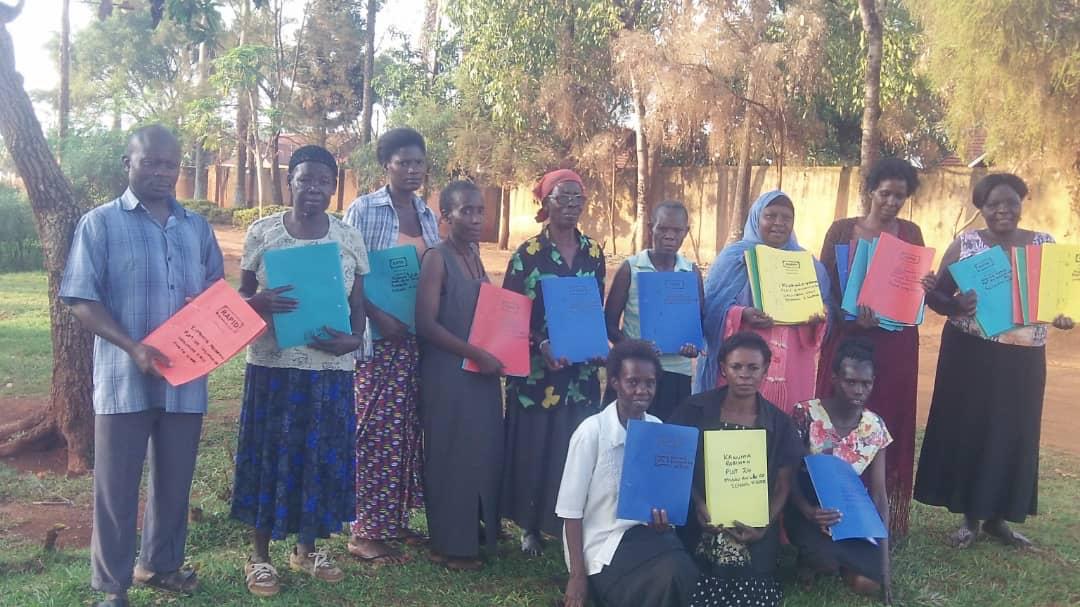Despite the importance of land as an asset for livelihoods and social recognition, and global commitments and instruments to ensure women’s rights to land and property, women represent less than 20% of the landholders globally. They face restricted rights to access, use, inherit, control, and own land.
Often land and agrarian reforms, allocation, and titling or registration programs target the household, assigning ownership to the “head of household,” most frequently – a man. Across all the regions, women land rights are mostly linked to their male relatives. Global trends, such as large scale land investments, are increasing threats on communities’ land rights. This is especially concerning to the land rights of the indigenous women, whereas powerful investors grab land for mining, agriculture and tourism.
Insecurity of tenure is challenging the grassroots women the most because of access to and control over land linked to their social and economic status in the community. Security of tenure linked with rights to own land and property becomes key to grassroots women’s economic, social and consequently political empowerment.
Over the last few years, Huairou Commission’s land and housing campaign has focused on equitable and gender-responsive land governance that enables grassroots women to access secure tenure of land and housing within this context of scarcity and climate change.



